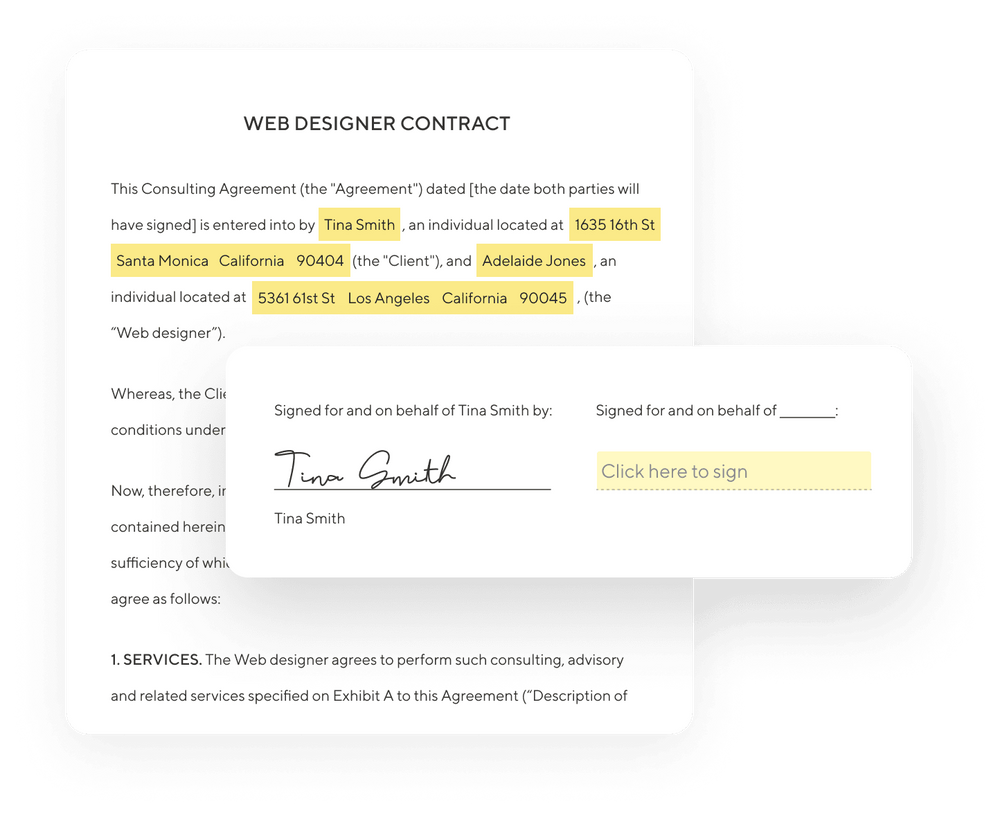Are you an IT professional looking for flexibility in your work schedule? Are you tired of the traditional 9 to 5? Have you ever considered starting your own business? If you answered yes to any of these questions, then you may want to consider becoming a freelancer!
You can try your hand at freelancing while still keeping your day job without any risk, assuming your employer supports this endeavor of yours. So, what do you have to lose?
Is it Common That IT Companies Hire Freelancers?
There are more options available than you may think for working as an independent contractor in the IT industry, especially in the COVID-19 era.
Firstly, many companies are seeking remote help because it’s a cost-saving for them – they don’t have to pay for office space, offer benefits like health insurance, spend time onboarding, or deal with other employer-related expenses.
The Freelancing School reported that more than 57 million Americans freelanced in 2019, and this trend is growing.
Getting Started
The first step in becoming an IT freelancer is formulating a plan and capitalizing on your strengths because when you become an expert in your field, you’ll be able to charge more for your services.
As you get started, you’ll want to identify what your primary skill sets are and then use those as your selling points. For example, are you a project manager, an app developer, or a site architect? Make a list of your skills and your experience in the IT industry and use that as a platform for promoting your freelance services.
The following are some key items you should consider along with suggested steps to take when starting out:
- Make your personal and professional network aware that you’re seeking freelance opportunities – word of mouth and referrals are huge!
- Determine your niche or area of expertise
- Decide what your price or price range will be for the IT services you provide
- Create an online portfolio showcasing samples of your work
- Find platforms where you can connect with potential clients – there are many popular freelancing websites
Want to learn even more about getting started? Discover how to launch your career as a freelancer, how to find clients, how to build a network, and more.
Can IT Freelancing be Successful?
It takes time and discipline to get a freelance business off the ground, but if you have the desire to be successful, there are no limits.
Giving up your day job right away may not be the best first move, but many folks start a freelance business as a side hustle while working their full-time job. It’s great having income from multiple sources, and if the two jobs don’t conflict, you can continue freelancing if you have the bandwidth. Many freelancers have built a successful business while working, and once it has gotten off the ground, they quit their full-time job and become self-employed.
“You can think of freelancing as volatile and risky, or as flexible and opportunity rich. Doesn’t having multiple sources of income and multiple moneymaking skills sound less risky than putting all your eggs in one employer’s basket? Freelancing lets you shift gears when the world does.”
- Sara Horowitz, Freelancers Union, Author of The Freelancer’s Bible
What if I Don’t Have Experience?
You don’t necessarily need experience to get started as an IT freelancer. For example, if you’re interested in writing about IT, you may want to start a blog or website where you can publish your work, demonstrate your expertise, etc.
This is your chance to build a portfolio too. There are many jobs out there for beginners, and just like with anything, practice makes perfect. You can absolutely land freelance work without experience.
Trending IT Freelancing Skills & Roles
There are a number of popular IT skills that include but are not limited to security and computer networking:
- Information security: There are a lot of areas for expertise, consisting of digital forensics science, info systems auditing, and business continuity planning.
- Computer networking information: Computer networking is commonly thought of as a sub-discipline of areas like computer science, information technology, telecommunications, and computer engineering.
- Linux services: A Linux IT freelancer can offer effective open-source software services at facilities and over secure networks remotely.
Project management: Project Managers are responsible for ensuring a project is completed within a certain set of restraints.




